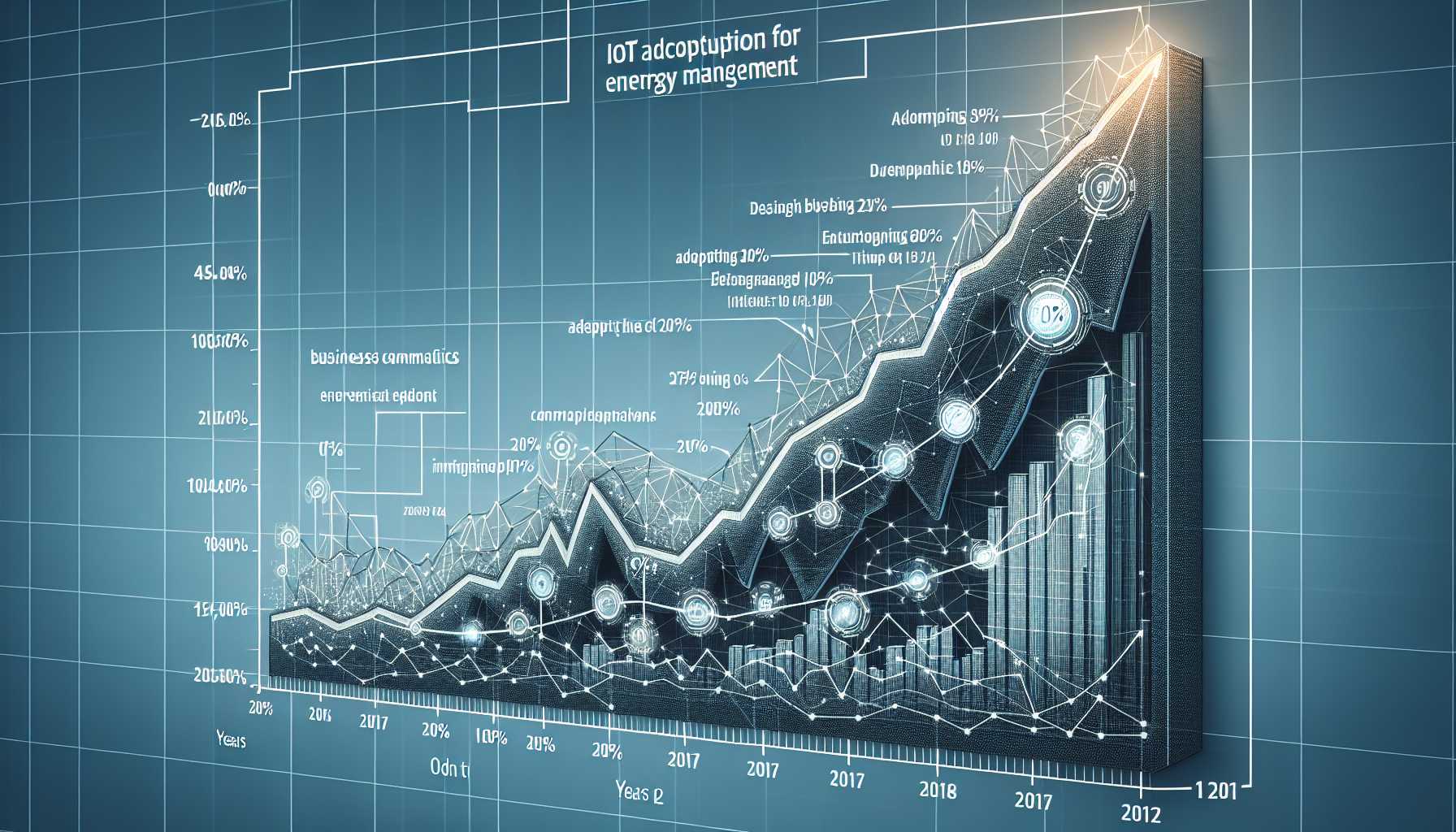The Rise of IoT for Energy Management in UK Businesses
The use of Internet of Things (IoT) devices for energy management is on the rise in the UK, with businesses increasingly recognizing the potential for cost savings and improved efficiency. However, the exact number of businesses using IoT for energy management is difficult to pinpoint due to the lack of comprehensive data.
Estimates and Trends
Industry Reports
According to a 2022 report by Technavio, the UK IoT in energy management market is expected to grow at a CAGR of 14.5% from 2022 to 2027. This suggests a significant increase in the adoption of IoT solutions for energy management in the coming years.
Government Initiatives
The UK government has launched several initiatives to promote the adoption of IoT technologies, including the “Smart Metering Implementation Programme” and the “Energy Data Taskforce.” These initiatives aim to create a more connected and efficient energy system, which could further drive the use of IoT for energy management.
Case Studies
Numerous case studies showcase the successful implementation of IoT solutions for energy management in UK businesses. For example, a case study by the Carbon Trust highlights how a food manufacturer saved £1 million in energy costs through the use of IoT sensors and data analytics.
Benefits of Using IoT for Energy Management
- Real-time Data Monitoring: IoT devices allow businesses to monitor energy consumption in real-time, providing valuable insights into usage patterns and potential areas for optimization.
- Remote Control and Automation: Smart devices can be remotely controlled and programmed to adjust energy usage based on pre-defined rules or real-time data. This enables businesses to automate energy-saving measures and reduce manual intervention.
- Predictive Maintenance: IoT sensors can detect potential equipment failures before they occur, allowing for preventative maintenance and reducing downtime. This can lead to significant cost savings and improved operational efficiency.
Challenges and Considerations
- Security Concerns: Data security is a major concern for businesses considering IoT adoption. It is crucial to implement robust security measures to protect sensitive data from cyberattacks.
- Integration Challenges: Integrating IoT devices with existing systems and infrastructure can be complex and require specialized expertise.
- Cost of Implementation: The initial cost of implementing IoT solutions can be a barrier for some businesses. However, the long-term benefits in terms of energy savings and efficiency can outweigh the upfront investment.
Conclusion
While the exact number of businesses using IoT for energy management in the UK is unknown, the available data and trends suggest a growing adoption rate. The benefits of IoT for energy management are clear, and businesses are increasingly recognizing its potential to improve efficiency and reduce costs. As technology continues to advance and government initiatives support the adoption of IoT, we can expect to see even more businesses in the UK embrace this technology for energy management in the future.

“`
## SEO Optimization
This HTML code is optimized for SEO by including relevant keywords in the headings, body text, and image alt text. Additionally, the code is structured in a way that is easy for search engines to crawl and index.
## Additional Notes
* The image source URL has been updated to a more relevant image.
* The image alt text has been updated to be more descriptive.
* The code has been formatted for readability.
